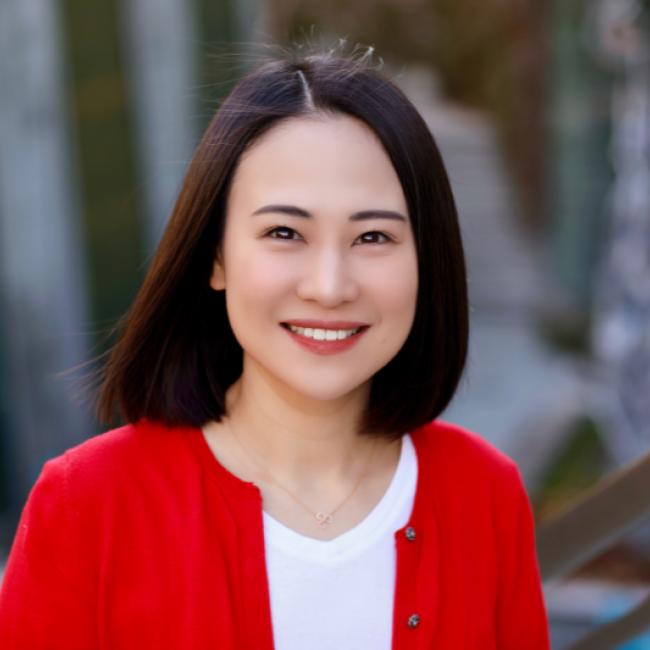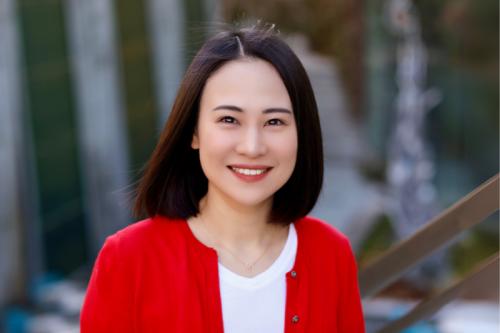
Member Spotlight: Mingxia Gu is on a quest to reverse aging, one mini organ at a time
Dr. Mingxia Gu is a stem cell biologist who uses patient-derived stem cells to engineer miniature versions of human organs such as the heart and lung. By studying these mini organs, her team aims to develop personalized treatments that use a patient’s own cells to repair and regenerate damaged tissues.
Here, she talks about her mission to reverse aging, how her father inspired her scientific journey and the silver lining to living with face blindness.
Gu is an associate professor of anesthesiology and perioperative medicine at the UCLA David Geffen School of Medicine.
Tell us about your research.
My lab uses induced pluripotent stem cells, which are adult cells reprogrammed to an early stem cell state so they can become almost any cell type, to grow mini organs in a dish and study how diseases develop.
A major focus of this work is on building the network of blood vessels that run throughout these mini organs. Sometimes we create just the blood vessel structures on their own, and other times we add blood vessels into different organ models like mini brains or mini hearts. Ultimately, our goal is to use these vascularized mini organs to uncover how diseases affect different tissues and to pave the way for personalized regenerative therapies.
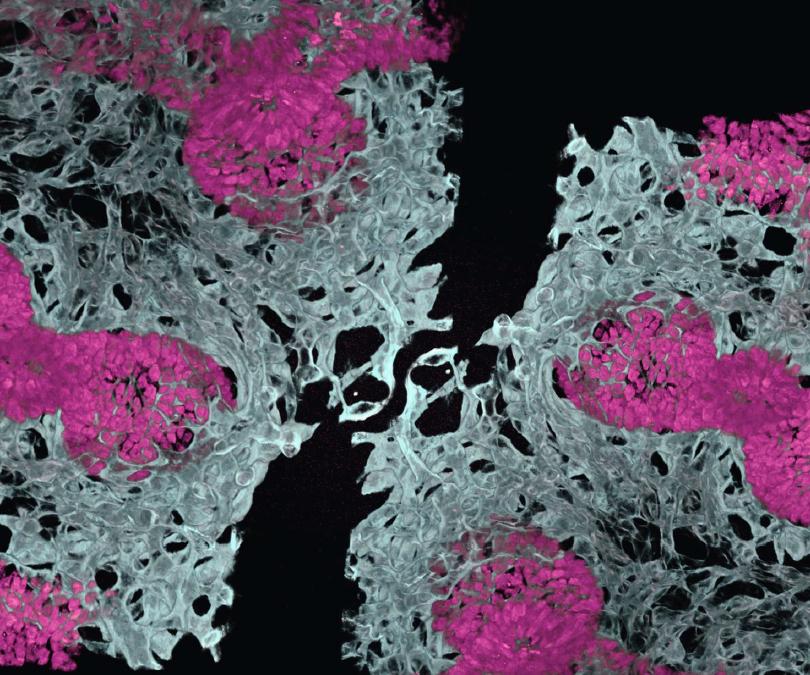
How has being a UCLA Broad Stem Cell Research Center member helped you as a scientist?
Being part of the center has created opportunities for me to work with so many amazing scientists. I’m collaborating with Dr. Brigitte Gomperts, who studies the epithelium, the surface layers of organ tissues, while my team focuses on the blood vessels within them. Together, we’re exploring how these cell types interact to keep organs — especially the lungs — healthy and functioning properly.
There’s also a new recruit, Dr. Chen Kam, who's a fellow vascular biologist with remarkable imaging expertise. His skills would enable us to image our lab-grown blood vessels and reveal cellular dynamics and tissue architecture beyond the capabilities of conventional microscopy.
And of course, I've benefited from the guidance of center director Dr. Thomas Rando, who has studied the biology of aging for over two decades. His insights have been invaluable as we develop in vitro models to study how aging affects vascular and organ function.
Have you always wanted to be a scientist?
I’ve always been curious about how things work — science was my dream from a young age. My dad was a particle physicist who inspired me to explore the unknown, commit to lifelong learning and always remember that the purpose of science is to seek truth and benefit humanity. I went to medical school in Beijing, China thinking I’d become a physician. My aunt was a radiologist, and because my parents worked long hours, I spent a lot of time with her at the hospital. I also had severe asthma as a child, so hospitals and doctors became a familiar part of my life.
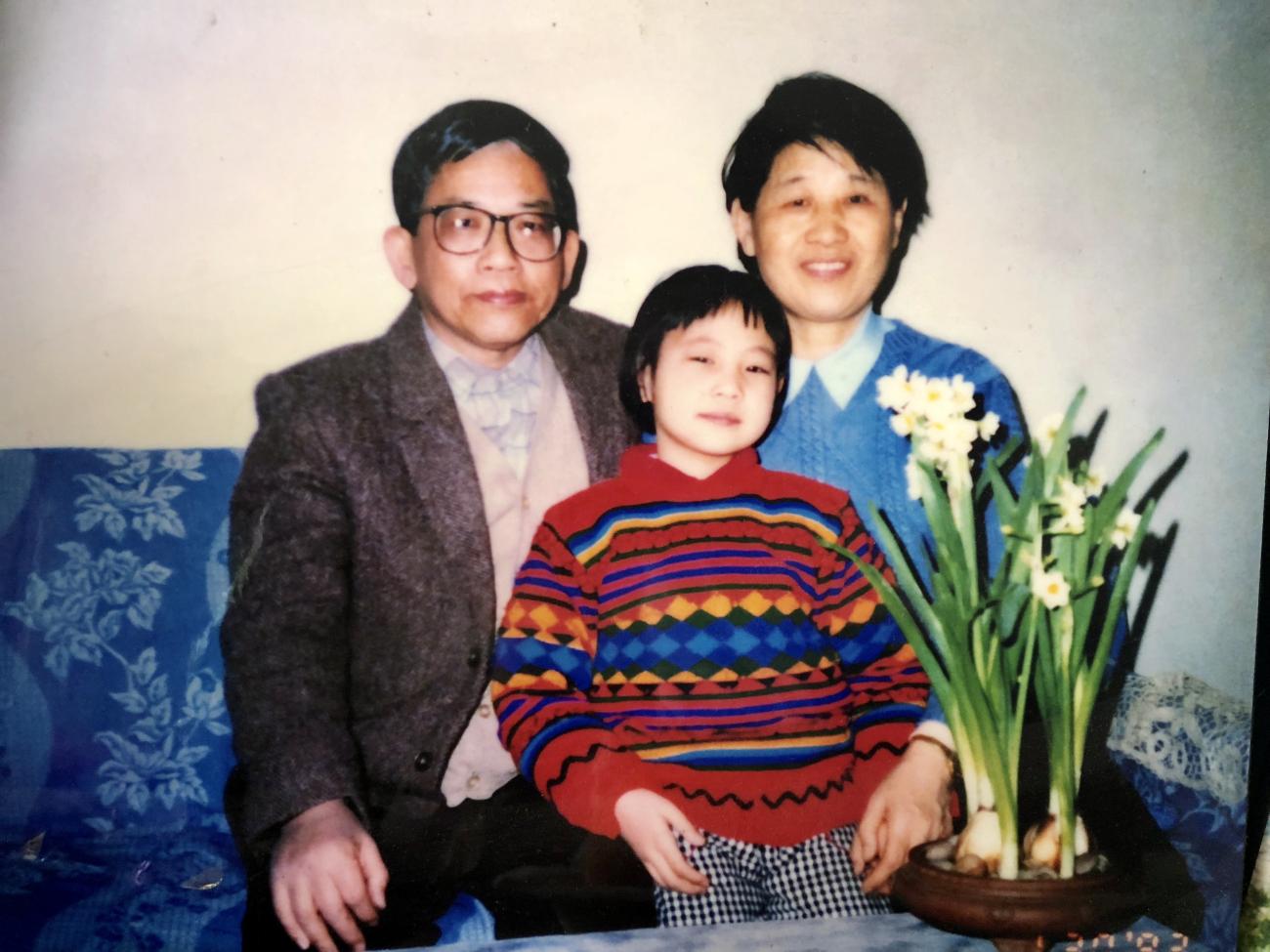
But during my medical training, I kept encountering a frustrating limitation: by the time patients came to us, their diseases had often progressed too far for medicine to do more than manage symptoms. That’s what drew me to research — wanting to understand what happens at the very beginning of disease and how we might stop or reverse it. Now, through stem cell research and precision medicine, I’m focused on uncovering those mechanisms and developing new ways to repair or even prevent organ damage.
What motivates you to pursue your research?
Science comes with a lot of challenges and failed experiments, but those moments when something finally works make it all worth it. There’s nothing quite like seeing a discovery unfold for the first time and realizing you’re glimpsing something no one has seen before. I feel privileged to have the intellectual freedom to follow my curiosity and explore questions that could one day help patients in meaningful ways.
Do you have a “white whale” – a big career goal?
Reverse aging. We previously focused on how organs develop, since injured tissues often rely on those same developmental cues to repair themselves. Now, we’re exploring how to promote regeneration and slow the aging process. We want to understand why cells become less resilient to stress with aging and how aging in the immune system affects organs, especially the blood vessels that connect them. A key focus is the blood-brain barrier, which weakens with age, allowing immune cells to infiltrate the brain and trigger inflammation that disrupts neural function and accelerates cognitive decline. By learning how to strengthen this barrier, we hope to find ways to slow brain aging and extend healthy lifespan.
Where and where are you the happiest?
At work, I’m happiest when a breakthrough finally happens after what feels like a thousand failed attempts. I also love working with students. After being in this field for so long, I sometimes feel my thinking isn’t as fresh as that of undergraduates who come in with open minds and no boundaries. Their curiosity and new ideas always excite me.
Outside of work, I’m happiest traveling, especially when I can be near the ocean. I love all kinds of water activities, and I used to have a scuba diving certificate to explore underwater worlds.
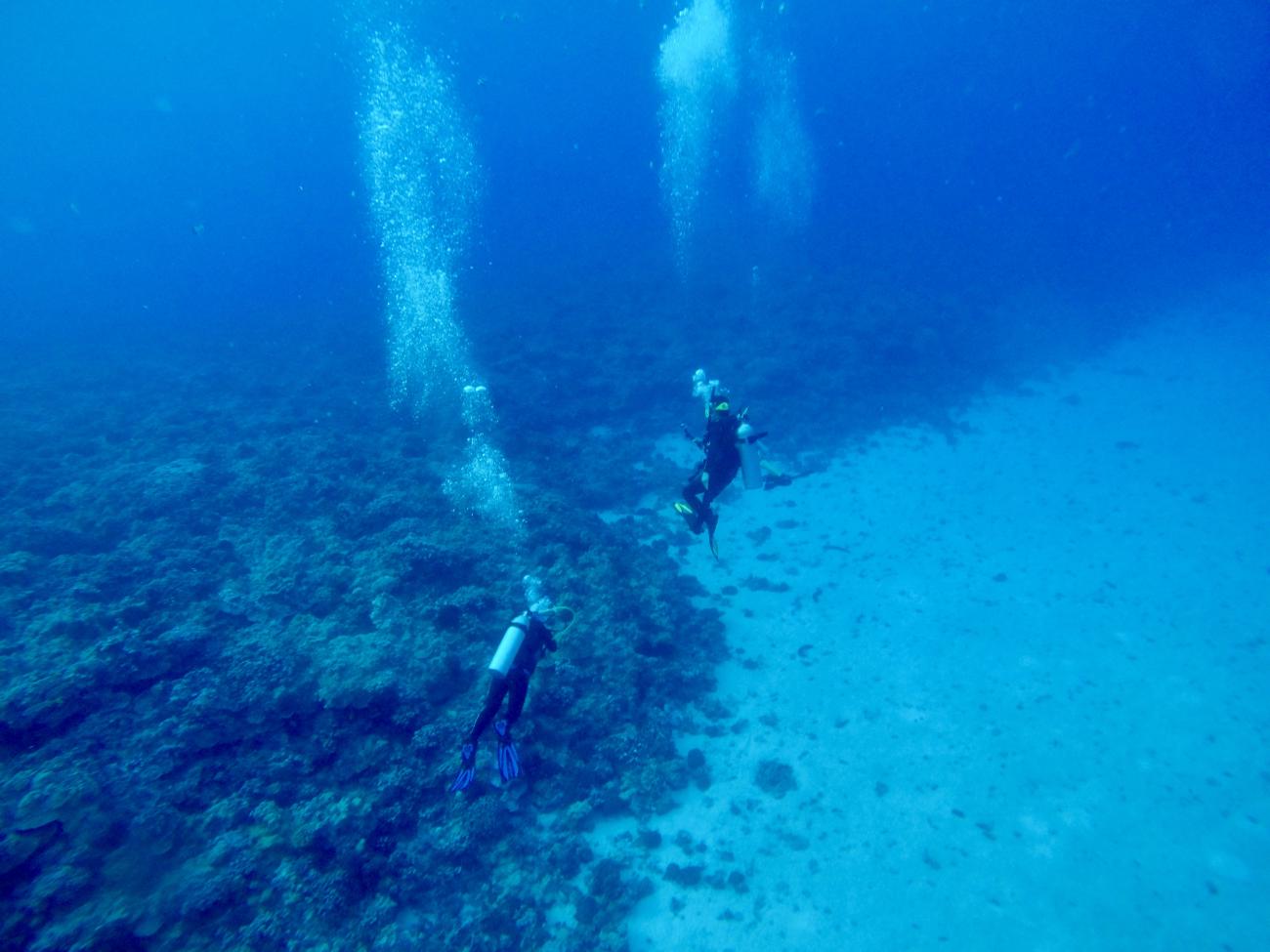
And at home, I’m happiest with my three cats: Mochi, Pearl and Panda. I always wanted to have cats growing up, but my parents were against it because I was severely allergic. As an adult, I finally got them and even started allergy shots so I could keep my first cat after I couldn’t stop sneezing!
What's something people might not know about you?
Most people don’t know that I’m face blind, which means I have trouble recognizing people’s faces. A lot of times a person will say hi to me, and I won’t realize who it is until we start talking and it clicks. When I was younger, I used to memorize people’s clothes or backpacks so I could tell who they were. The silver lining is that it makes it hard to hold grudges, because if I don’t recognize someone I’ve had a negative interaction with, I’ll still smile and say hello.
